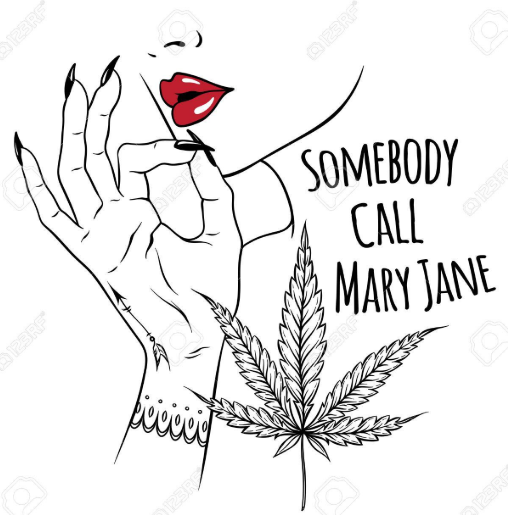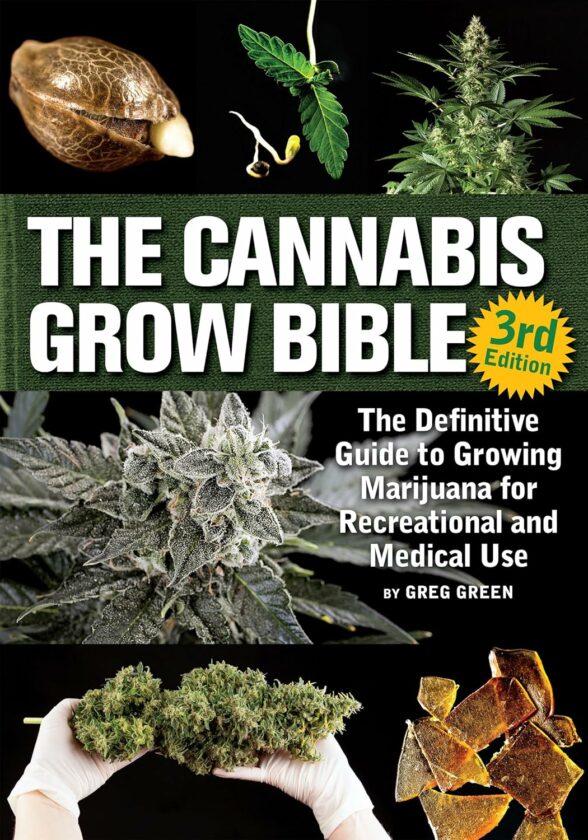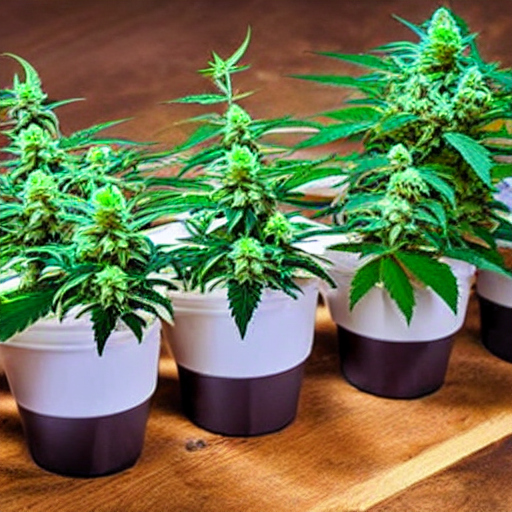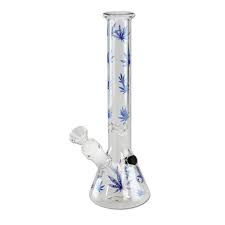Cultivated by humans for ten thousand years and counting, hemp features a long history of getting used for a spread of purposes, including medicinal. Despite this ancient heritage, one which eventually results in several of the U.S. founding fathers choosing to grow hemp as a crop, the cultivation of cannabis. Also, its role in alleviating health problems became an issue within the 20th century. Various laws and regulations were passed within which virtually vanquished the hemp industry.
Measures Meant The Medicinal Value Of Cannabis
Along with the loss of its many industrial applications, these measures meant the medicinal value of cannabis was also removed from society. Using THC oil to fight nausea and using CBD tincture for sleep, lawful medical marijuana was off the table. This forced cannabis users to either address less effective drugs or prefer to break the law and buy cannabis on the black market.
While not wholly overturned, tremendous strides have taken place over the last 20 years, approximately within the fight to undo the prohibition of medicinal cannabis. In addition, the U.S. federal legislative and executive branches agreed to pass a law that reclassified hemp from a drug to an agricultural commodity. This landmark legislation allows farmers to grow hemp for a spread of purposes, among which is the production of medicinal cannabis products under certain circumstances.
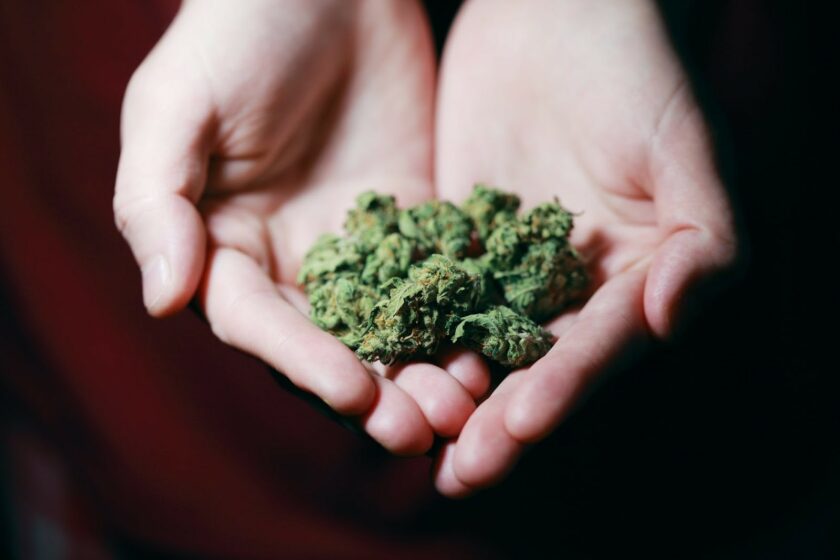
Qualifying Factors
For readers wondering what this might mean for their ability to use medicinal cannabis, several qualifying factors must be laid out. First and foremost, the U.S. federal still considers marijuana to be a schedule 1 drug whether it is consumed via derived products or by traditional smoking or through a puff bar. Despite belonging to an equivalent genus of the cannabis plant, hemp and marijuana are two distinct species.
In simple terms, marijuana plants are cultivated to possess a high volume of tetrahydrocannabinol (THC), the compound liable for the psychoactive effects of cannabis consumption. Hemp, on the opposite hand, is bred so that the flowers containing THC are not present. Therefore, the plant instead produces an overabundance of leaves, which usually contain shallow levels of THC.
While hemp lacks the psychoactive compounds popularly related to cannabis, the plant has the potential to contain high concentrations of the handfuls of other cannabinoids found within the genus. One among these is cannabidiol, otherwise referred to as CBD. Unlike THC, which results in a distinct feeling “high,” consuming CBD leads to a more down-to-earth reaction, one responding to common health problems instead of providing an altered state of consciousness.
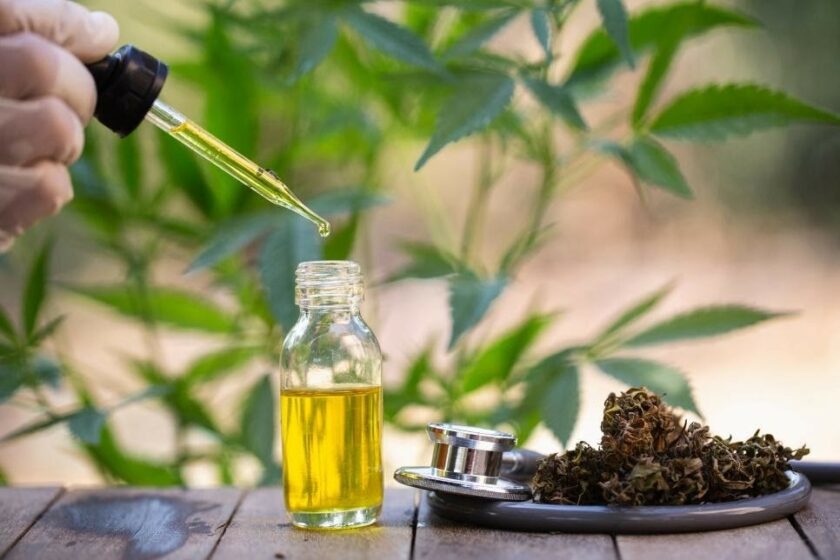
CBD Oil Are Growing In Popularity
As a result, products containing CBD oil are growing in popularity in recent years. From helping to scale back stress and anxiety to providing pain relief associated with inflammation, CBD oil, and products infused with CBD oil are getting a trusted option in medicine cabinets and food pantries across the planet. Within the U.S., the increased popularity of using CBD to help treat common health problems is about to grow even further because of the passing, as mentioned earlier, of the omnibus bill in late 2018.
Conclusion
In closing, the legalization of hemp means more options for your daily healthcare needs. While it is essential to notice that cannabis is not a wonder drug, its role in treating a variety of common medical conditions is undisputed. Now that more and more people are ready to access products derived from hemp, the longer term of pain management and treatment for anxiety has never looked brighter.

